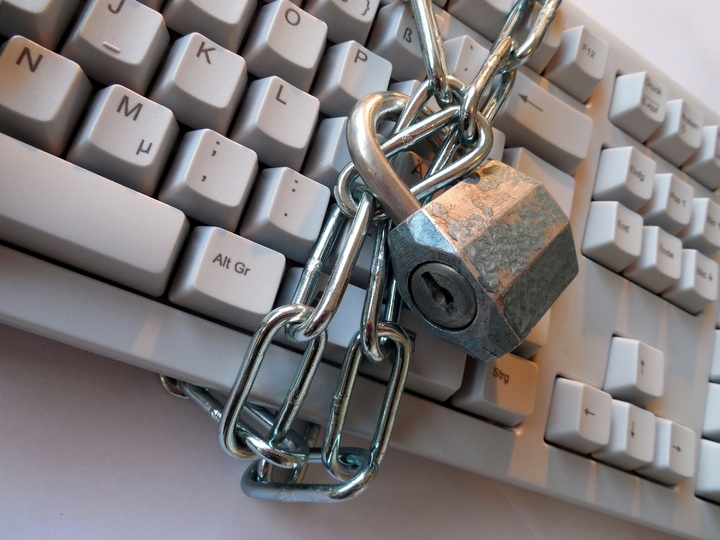Understanding VoIP and Its Data Security Implications
Voice over Internet Protocol (VoIP) technology has revolutionized the way we communicate, offering significant cost savings and flexibility over traditional telephony. However, the integration of voice communication with internet connectivity brings forth complex data security challenges. Protecting sensitive information within these systems is paramount for both privacy and compliance with data protection regulations.
The Importance of Protecting Data in VoIP Communication
As VoIP services store and transmit vast amounts of personal data, ensuring robust protection against unauthorized access is critical. Cybersecurity strategies for VoIP need to be rigorous to safeguard against data breaches that could lead to significant financial and reputational damage.
Identifying Vulnerabilities in VoIP Systems
VoIP infrastructure can be susceptible to various security threats, including phishing attacks, malware, and interception of communications. Identifying these vulnerabilities is the first step in fortifying the VoIP ecosystem against potential intrusions.
Enhancing VoIP Security: Best Practices
Encrypting Data in Transit
Encryption is a fundamental security measure for protecting data as it traverses the network. Utilizing strong, up-to-date encryption protocols can significantly reduce the risk of interception and unauthorized access to voice data.
Implementing Strong Authentication Mechanisms
Robust authentication processes are essential in verifying the identities of users accessing the VoIP system, thereby preventing unauthorized use and ensuring that communication remains confidential.
Regular Security Audits
Conducting frequent and thorough security audits helps in detecting system vulnerabilities early, allowing for timely interventions to maintain a secure VoIP environment.
Regulatory Compliance: Adhering to Data Protection Standards
Complying with Global Data Protection Regulations
VoIP providers must navigate a complex landscape of international data protection standards, like GDPR, ensuring they comply with legal requirements to protect user data.
Embracing Compliance Frameworks
It is essential for VoIP services to adopt comprehensive compliance frameworks, which guide the secure handling, storage, and transmission of data, and facilitate prompt response to any breaches.
Leveraging Technology for Enhanced VoIP Security
The Role of AI in Threat Detection
Artificial intelligence plays a growing role in enhancing VoIP security by providing advanced threat detection and predictive analytics to preempt potential risks.
Cloud Security for VoIP
Cloud-based security solutions offer scalable and robust mechanisms to protect VoIP systems, especially vital as many VoIP services operate within the cloud environment.
Navigating the Challenges of VoIP Security
Address the ongoing hurdles in securing VoIP communications and discuss forward-looking solutions and technologies that can aid in overcoming these obstacles.
Conclusion: Strengthening VoIP Communication Security
In summary, while VoIP technology offers numerous benefits, it is crucial to prioritize data protection within these systems. Through diligent application of security practices and compliance with data protection standards, VoIP providers can assure users of safe and private communication channels.






